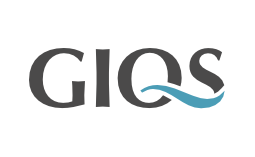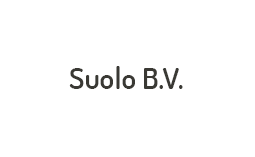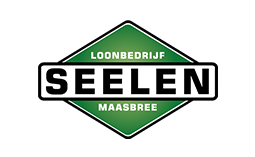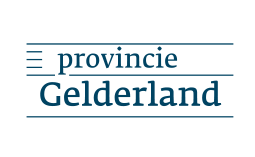EXODUS
Measures against invasive exotics in the soil
At the beginning of July 2021, the Executive Board of the Euregio Rhein-Waal approved the EXODUS project as a Priority II framework project of the INTERREG V A programme with a budget of 50,000 euros. The project is coordinated by GIQS and includes the objective to test a new method for biological soil decontamination.
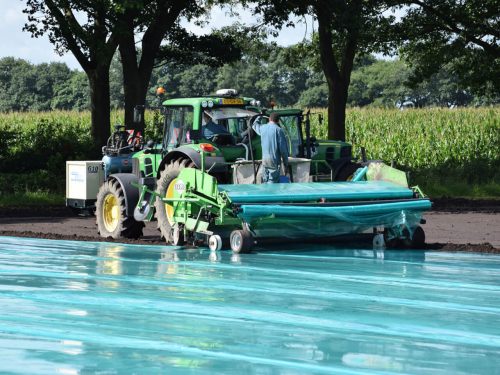
Landwirt deckt eine Parzelle luftdicht ab | Quelle: Loonbedrijf Seelen
In the Netherlands and Germany, land used for the propagation of plant material and the cultivation of vegetables and trees, for example, is expensive and limited. More and more often, land has to be temporarily taken out of agricultural use due to depletion or infestation by soil diseases or pests (e.g. nematodes) and invasive exotic species. This is a disaster for the farmer, who usually has no alternative healthy land available.
To prevent soil depletion or encroachment by pests, sustainable soil management is crucial. As soon as the soil is infested with invasive exotic species such as Japanese knotweed or tuberous leaf fungus, the owner must report this to the authorities and, if necessary, set the land aside until the exotic species has been demonstrably removed. In some cases this is a major challenge and can take years. The economic impact for the individual company or for the entire industry is enormous.
One of the promising new concepts is called anaerobic (biological) soil decontamination, which has been tested positively by Wageningen University. The principle of biological soil decontamination is simple and effective. Forty to fifty tonnes of fresh green ryegrass are cut, milled and split per hectare to ensure good mixing of the soil. For airtight cover, a plot is covered with VIF film in strips of 3.70 metres. In this oxygen-free, or anaerobic, situation, the ryegrass digests quickly. It is a combination of food or protein from the grass, moisture and a temperature above 16 degrees. These are factors that activate the soil life. The technological development is more or less complete.
In EXODUS, the focus is on testing the prototype on various issues and working with farmers. The project partners will work with growers and propagators as well as with experts in the field of soil life and soil health. The aim is to determine what effects biological decontamination has on the soil. To this end, the project will use modern sensors in several tests in the field to investigate the processes in the soil before and after soil decontamination.
Projectpartners
The one-year project is coordinated by GIQS and carried out together with the two other partners Suolo B.V. and Loonbedrijf Seelen B.V. from the German-Dutch border region.
Financiers
Exodus is implemented under the INTERREG V A programme Deutschland-Nederland and co-financed by the European Regional Development Fund (ERDF) and the Ministerium für Wirtschaft, Innovation, Digitalisierung und Energie NRW and the province of Gelderland. It is accompanied by the programme management of the Euregio Rhein-Waal.
- Funding programme: INTERREG V A
- Budget: 50.000 Euro
- Term: 04/21 - 03/22
- Partners: GIQS + 2



